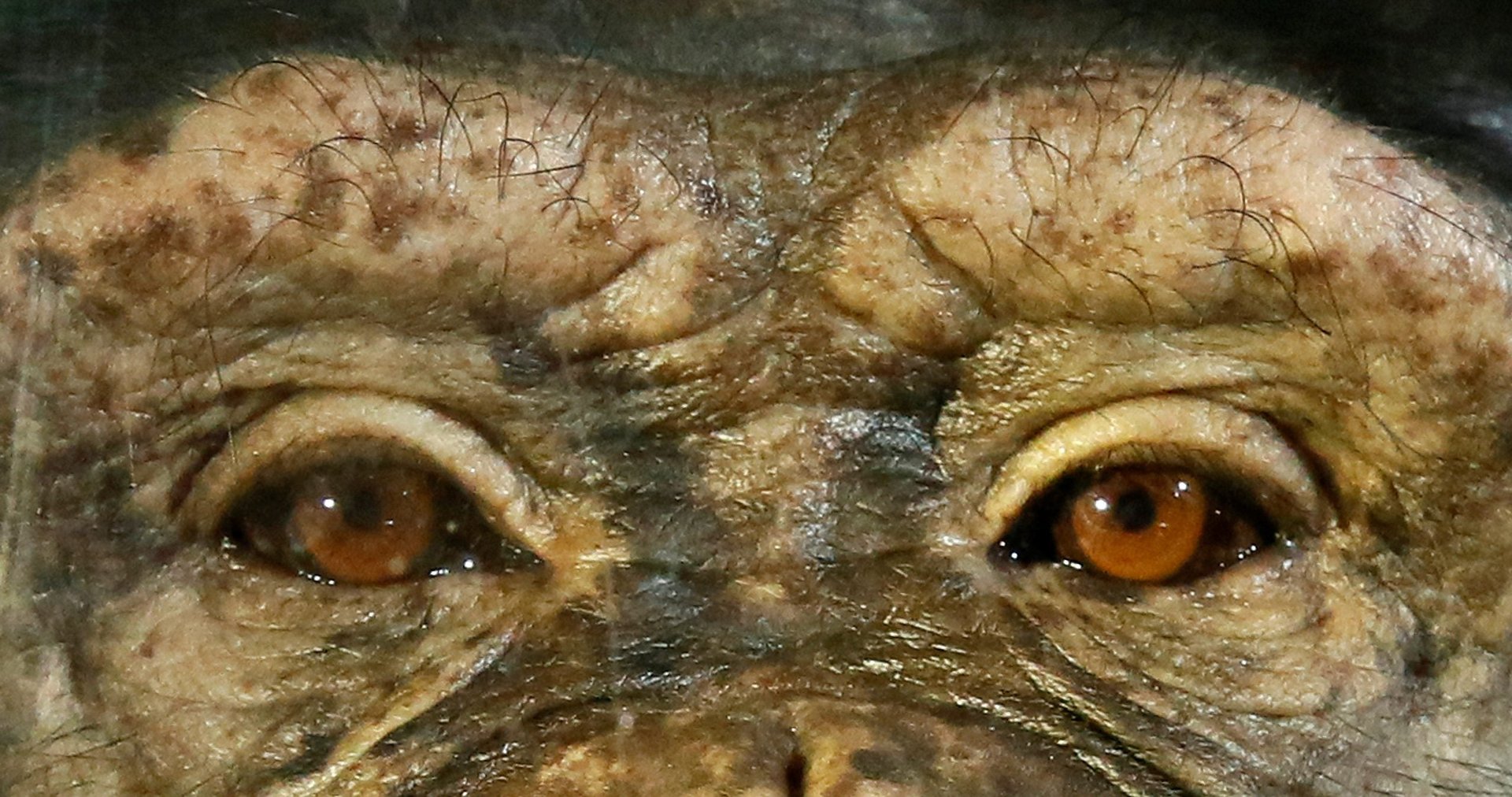A top business school takes students to the zoo to teach them what it means to be human
As part of a professional education course at the London Business School, the students—mainly senior executives and board members—venture across Regent’s Park and visit the London Zoo with an anthropologist.


As part of a professional education course at the London Business School, the students—mainly senior executives and board members—venture across Regent’s Park and visit the London Zoo with an anthropologist.
The purpose of the visit is to consider the differences and similarities between people and animals, and learn about the human species in the process.
While there’s an easy joke to be made about the inhumanity of corporate executives, the session is the starting point of a week-long course designed to spur deep thoughts about purpose and meaning.
The group observes the interactions between primates, and learns that much of what we consider unique to our species is actually hard-wired into our nature, says course professor Nigel Nicholson, who has a background in evolutionary psychology and has written about human behavior in business.
Humans and chimpanzees have obvious differences, but we share similar strategies for working in groups, and fight over the same sources of conflict, such as territory and sex, he says.
The organizations and societies human form are systems for managing our nature, he says. “Culture is a piece of adaptive equipment,” Nicholson says. “Culture is software for the hardware, and the hardware is the brain.”
The course’s emphasis on getting executives to stretch intellectually and think beyond the worlds of numbers and spreadsheets—to listen, think creatively, and make room to experiment—is very much the direction where all business education should be headed, says London Business School dean Francois Ortalo-Magne.
Thinking about what it means to be human, he argues, is particularly important in an era where we’re trusting technology to perform more and more tasks that were done by people.
The trip to the zoo comes at the beginning of the six-day course, called Proteus, which also takes students on field trips to primary schools to discuss different models of leadership, and to meet artists and actors to talk about creativity. At £13,300 ($17,460), the course is costly. Nicholson says it’s best suited for experienced executives who are ready to reflect.
“The younger MBAs struggle with these ideas more,” he says. “They tend to believe they can do anything, that they can be masters of the universe. You need some fertile, well-seasoned soil to plant these things in.”